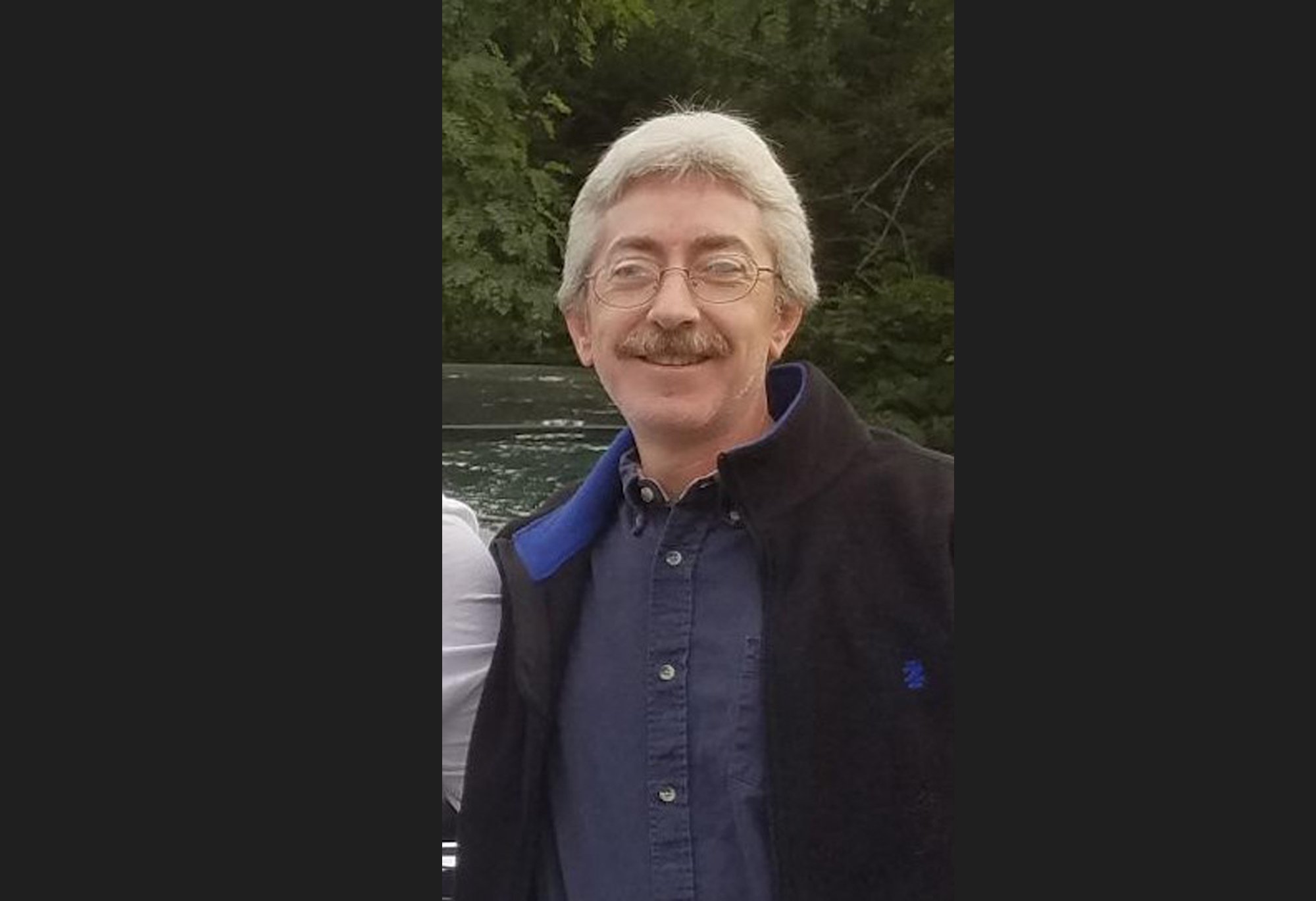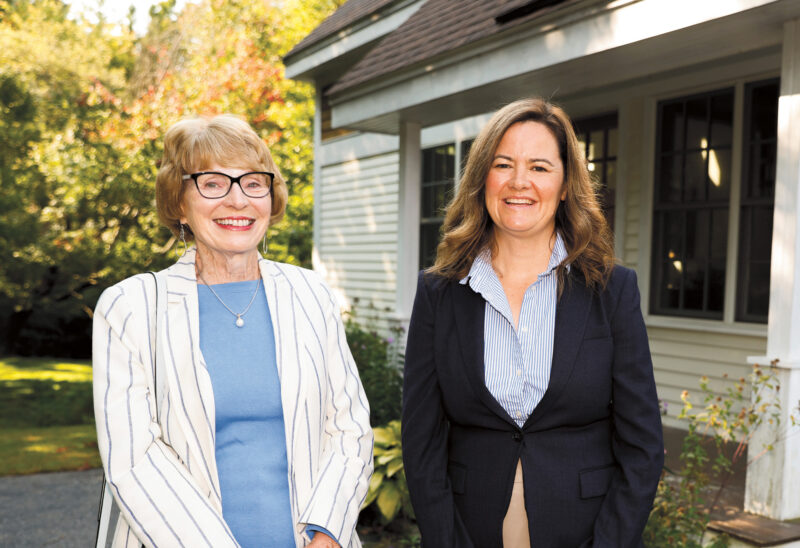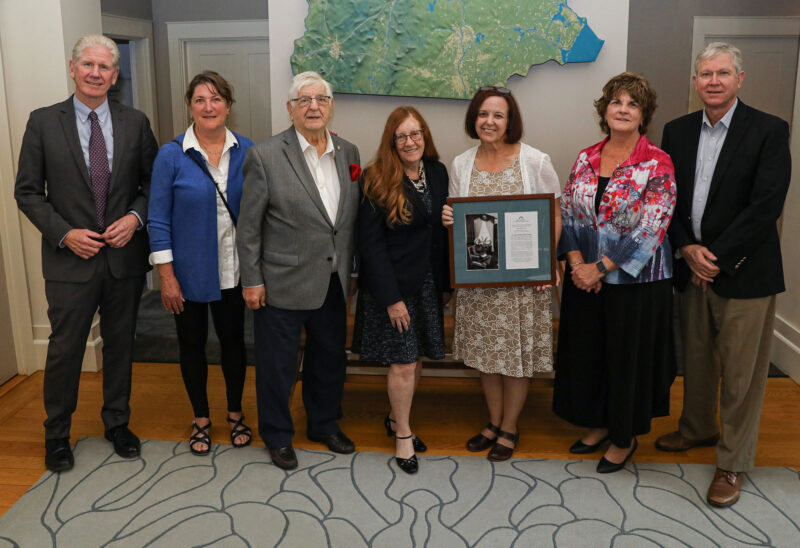The young man was in his 20s, estranged from his family, and surviving in New Hampshire by living in a cramped, cave-like structure in the root system of a tree. His schizophrenia was undiagnosed when he met outreach workers from the Center for Life Management in Derry.
The Center got him treatment, housing and other services. Now, he is participating in the organization’s supported employment program with plans for a job and future schooling. He has reestablished contact with his dad.
For Barry Quimby (pictured above), navigating the struggles – and celebrating the triumphs – of people like that young man was a central part of a meaningful life’s work.
As a director at the Center for Life Management, Quimby did direct outreach to people experiencing homelessness and mental illness and oversaw programs to help them make successful transitions to stable homes, employment and community engagement.
Quimby died on October 8, 2019. He made the continued support of that work his legacy.
In an interview in June of last year, Quimby said: “People need to realize that with the right support and services, these folks can be members of society rather than outcasts, and that not only benefits them, but all of us. Addressing the problem is not simple, but makes complete sense. The cost of homelessness to society is much bigger than people realize, and by reducing this, everyone benefits.”
Quimby decided to leave funds for charity in his estate and, in talking with his estate planning attorney and Charitable Foundation staff, he made the decision to continue to support the organization where he had worked for nearly two decades. Rather than make a series of small grants in perpetuity, Quimby elected to establish a designated fund that would distribute larger grants over a five-year period, after which the fund would sunset.
He wanted the funding to cover gaps that federal funds do not address, giving Center staff more flexibility to get their clients the range of services that they need quickly.
“I would like this gift to help as many people as possible in their efforts to overcome the numerous barriers of homelessness so that they may make progress and function as community members,” Quimby said in June.
His estate planning attorney, Peter Tamposi, had suggested partnering with the New Hampshire Charitable Foundation to steward the gift.
“Foundation staff helped him to think about how best to distribute the money in a way that was impactful,” Tamposi said.
“I had the opportunity to work with an outstanding group of people at [the Center for Life Management] with tremendous amounts of staff talent and expertise,” Quimby said in June. “Being homeless with a disabling condition is very hard, and to have a safe place to live often made a huge difference. It was always encouraging to hear the clients talk about what they were able to accomplish once the barriers to stable housing were removed.”
Quimby’s legacy will be to continue to remove those barriers to stability – and help more people transition from homelessness to hope.










![Oluwakemi Olokunboyo of Dover received a McNabb scholarship to study nursing at Great Bay Community College [Photo by Cheryl Senter]](https://www.nhcf.org/wp-content/uploads/2024/05/Scholarship-Hero-800x548.jpg)
![Indrika Arnold, Senior Wealth Advisor, the Colony Group [Photo by Cheryl Senter]](https://www.nhcf.org/wp-content/uploads/2024/05/Indrika-Arnold-Hero-800x534.jpg)



![Charitable Foundation President Dick Ober [Photo by Cheryl Senter]](https://www.nhcf.org/wp-content/uploads/2023/12/dick-ober-purpose-fall-winter-2023-800x548.jpg)



